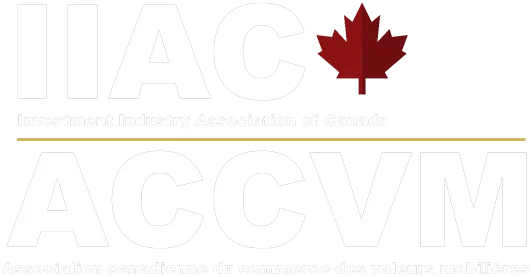
The 2016 federal budget comes in the midst of a marked deceleration in economic growth and the prospect of a modest recovery over the next year. Stepped-up program spending over the next two fiscal years, averaging 6 percent annually, provides support for growth and a buffer to cushion the economic downturn through enhanced programs for the elderly and the unemployed, and for families under the new Canada Child Benefit. The federal spending trajectory, however, is mindful of keeping the debt-to-GDP in check.
The budget deficit balloons to just under $30 billion in the coming fiscal year and next, then tails off over the next four years to $14 billion in 2020-21. The public debt burden stays relatively stable, peaking in 2016-17 at 32.5 percent of GDP. The debt-to-GDP ratio then declines modestly to 30.9 percent in 2020- 21.
Infrastructure spending will be staggered over ten years, with the lion’s share of spending back-ended to allow sufficient time for planning and consultation. This ensures the optimal projects will be funded, resulting in a more productive Canadian economy. We anticipate the private sector will engage in this planning exercise through arrangements such as P3s, to help identify and manage worthwhile projects, and supplement federal funding with private capital. The IIAC looks forward to these discussions.
The expansion of small and mid-sized business is critical to recovery of the Canadian economy and to its competitive success in global markets. Small, and mid-sized companies in particular, have difficulty accessing new equity capital. The announced 15 percent federal tax credit for Labour-Sponsored Venture Capital Corporations will be much less effective than a tax incentive that allows the marketplace and individual investors make the investment decision. The IIAC will raise these concerns in further discussions in coming months.
We are also disappointed not to see measures to improve tax-assisted retirement savings programs, such as extending the eligible age for RRSP accounts beyond age 71 and permitting payroll tax deductions for contributions to Group RRSPs. While most Canadians are on track in saving for retirement, impediments such as falling coverage of workplace pensions can be most effectively addressed through changes to the existing tax-assisted retirement programs.
The IIAC commends the federal government for plans to undertake a comprehensive review of the fairness and efficiency of the Canadian tax system, a process long overdue. A modernized tax system is essential for a globally competitive economy like Canada.
We are also pleased the federal government has reaffirmed support for the Canadian Capital Markets Regulatory Authority through its commitment to release a revised draft of the proposed Capital Markets Stability Act by the summer.
Additional information is available ici.
